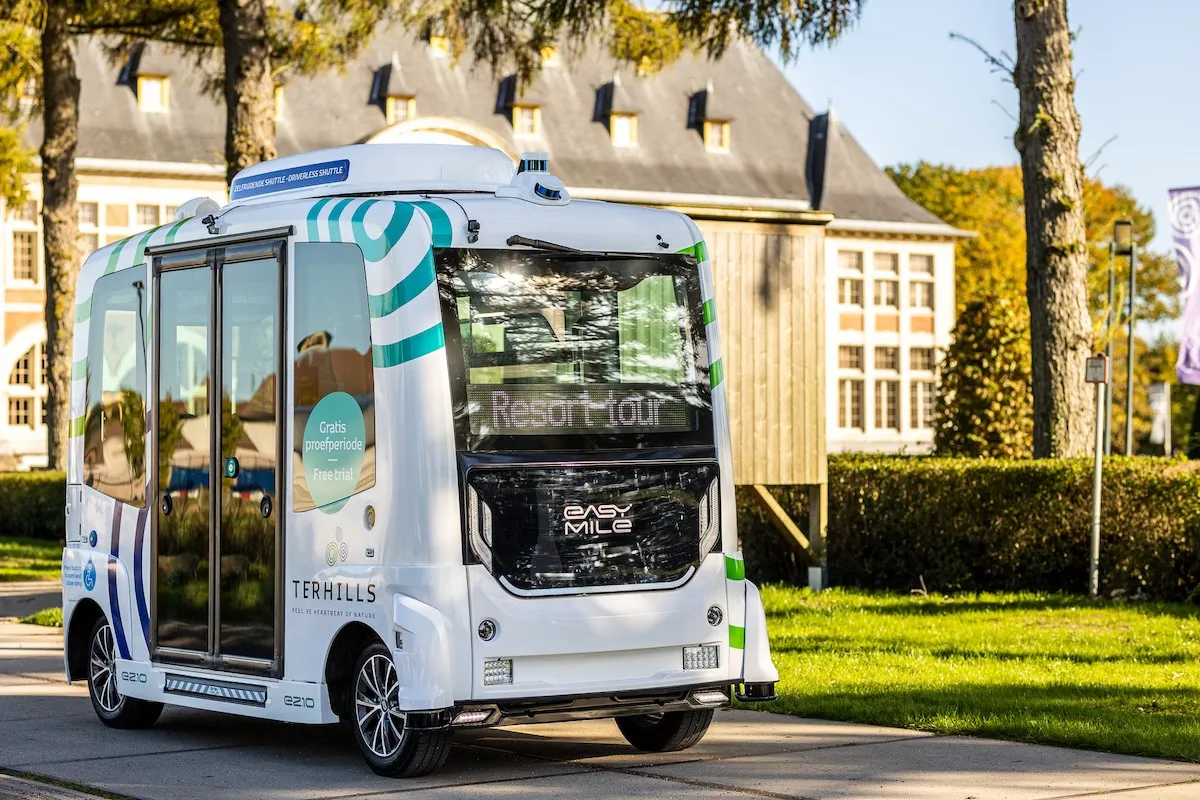German company smartmicro says its new UMRR-0C radar platform represents a leap in performance in regards to resolution and range. The new sensor can cover multiple lanes and not only separates vehicles by their speed and distance but also by the angle of the reflected Doppler signal.
June 15, 2015
Read time: 1 min

According to the company, this allows a theoretical 256 vehicles to be tracked at any one time at a maximum range of up to 500m.
The company says the system is unaffected by ambient conditions and can separate vehicles travelling at the same speed which can cause one to be missed. It is introducing easy set-up software but will stop short of auto-configuration because it says that leaves too many areas where errors can occur.










